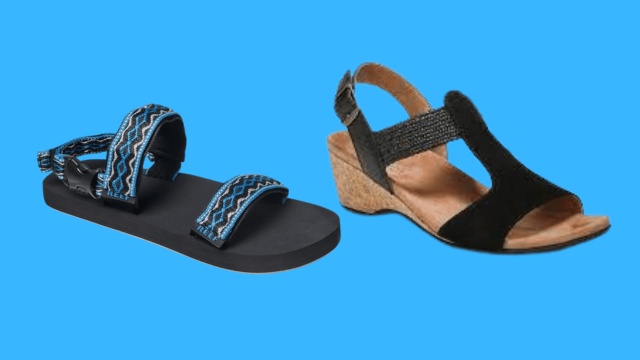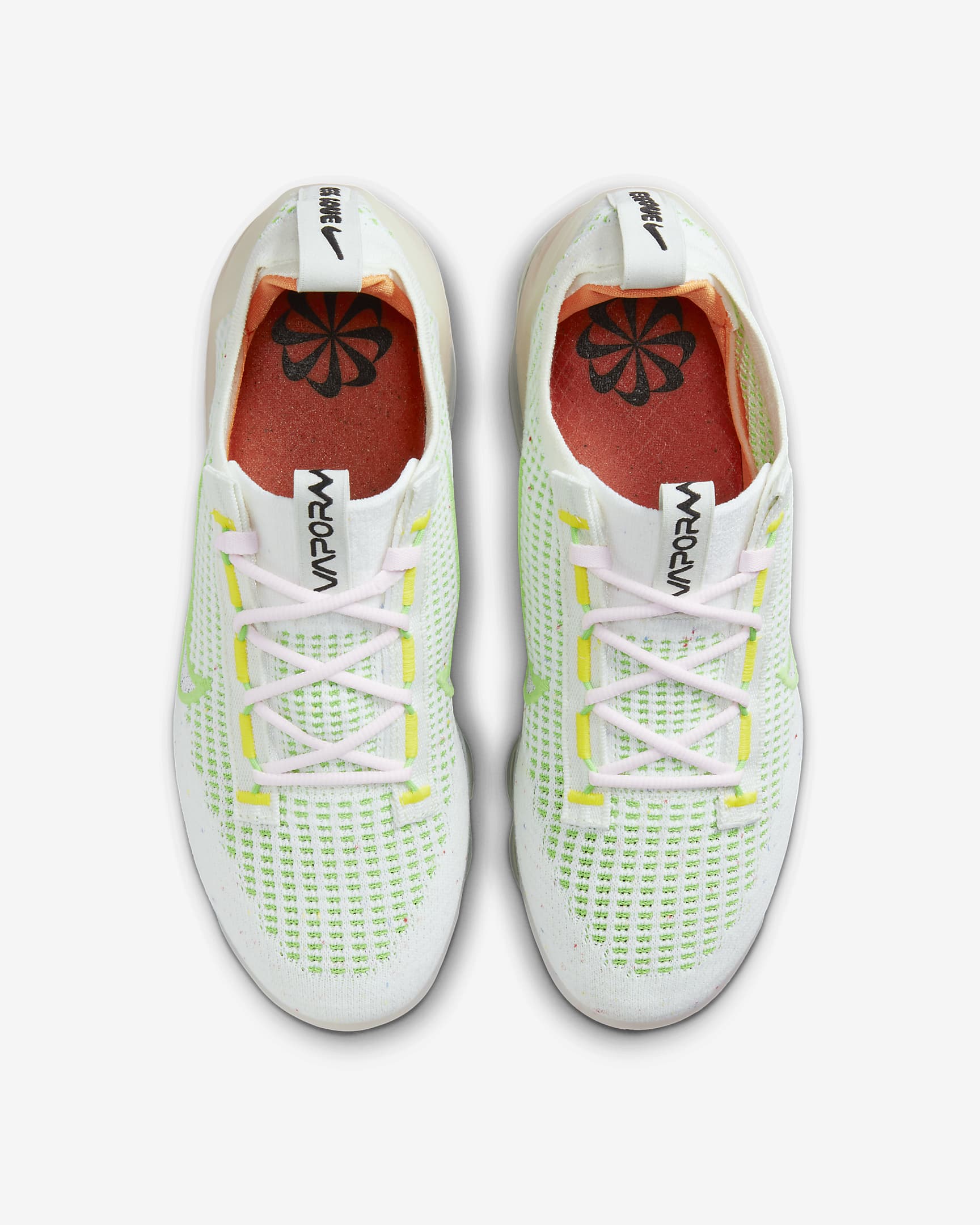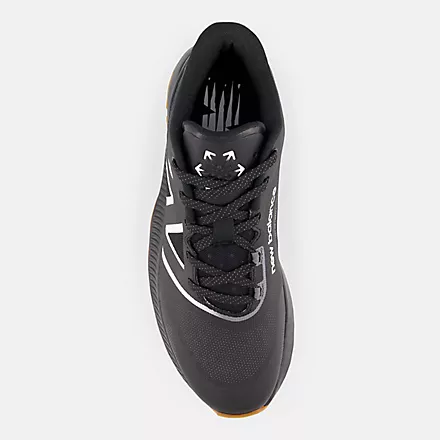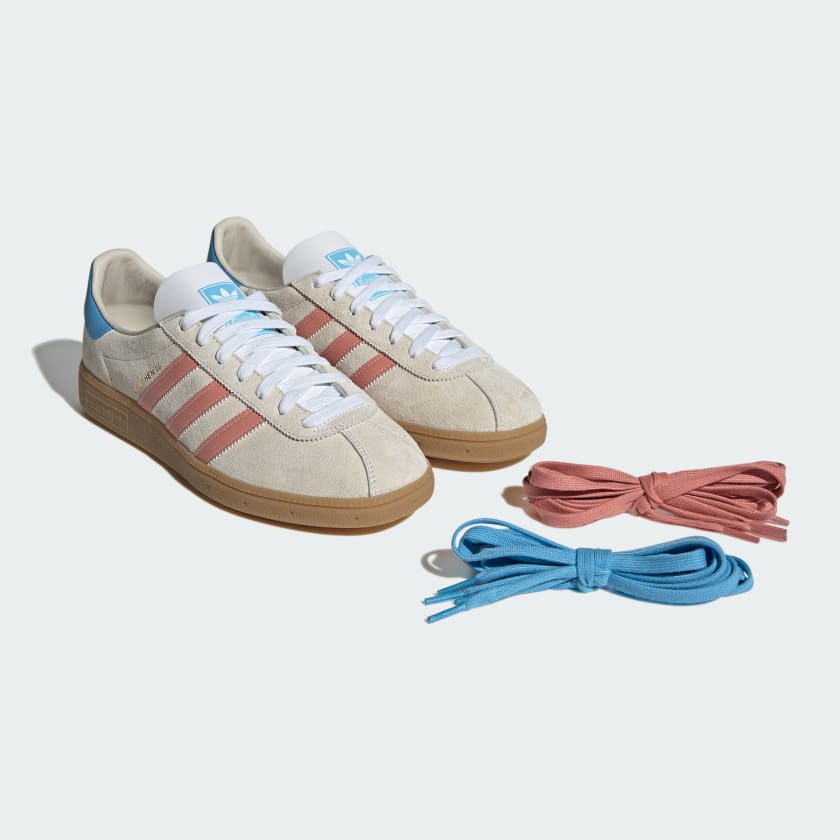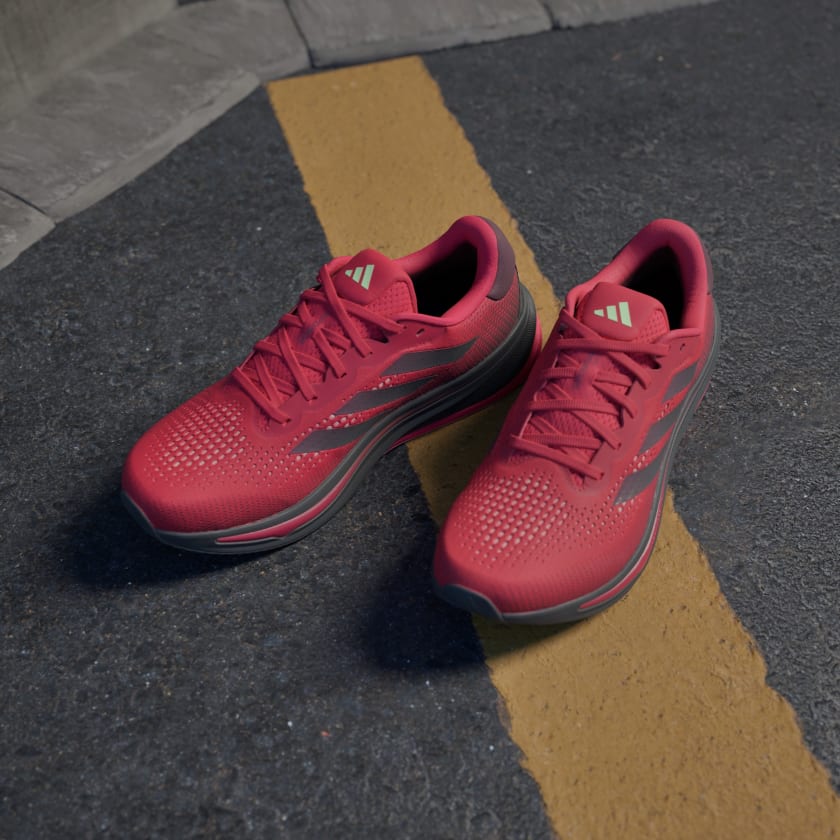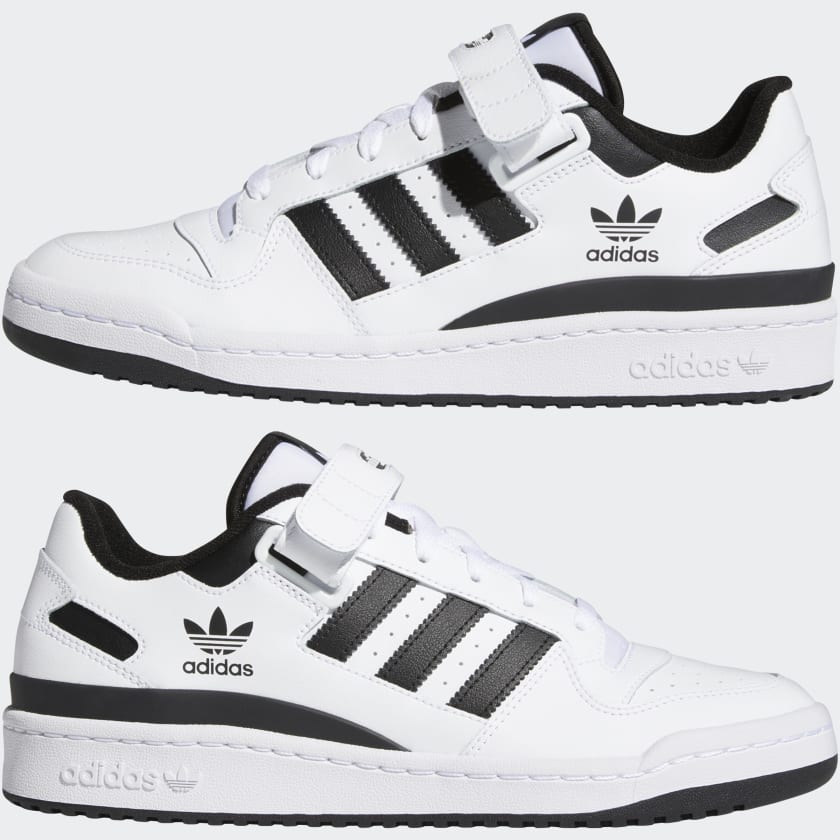Are Reef Sandals Good for Plantar Fasciitis? Uncover the comfort & relief they offer for foot pain. Get expert insights & find your perfect fit now!
Plantar fasciitis is a common and painful condition that affects the feet, particularly the heel area. It occurs when the plantar fascia, a thick band of tissue that connects the heel bone to the toes, becomes inflamed or strained. People suffering from plantar fasciitis often experience sharp pain in the heel, especially during the first steps in the morning or after long periods of rest. To alleviate this discomfort, many individuals with plantar fasciitis seek supportive and comfortable footwear. One popular option that often comes up in discussions is reef sandals.
In this article, we will explore whether reef sandals are a good choice for individuals dealing with plantar fasciitis.
Understanding Plantar Fasciitis
Before diving into the specifics of reef sandals, it’s essential to have a clear understanding of plantar fasciitis. This condition is often caused by excessive stress on the plantar fascia, leading to small tears and inflammation. Contributing factors may include high-impact activities, flat feet, improper footwear, obesity, and prolonged standing. Individuals with plantar fasciitis need footwear that provides adequate arch support, cushioning, and stability.
Are Reef Sandals Good for Plantar Fasciitis?
Yes, Reef sandals can be good for plantar fasciitis. These sandals offer features such as arch support, cushioned footbeds, and heel stability, which can help provide relief and alleviate the pain associated with plantar fasciitis.
What are Reef Sandals?
Reef sandals are a type of footwear known for their casual and comfortable design. They are typically made with soft materials like leather, fabric, or rubber and come in various styles and colors. Reef sandals are popular among beachgoers, surfers, and those who enjoy outdoor activities due to their durable construction and water-friendly properties.
The Importance of Footwear for Plantar Fasciitis
Choosing the right footwear is crucial for managing plantar fasciitis. Shoes that lack proper support can exacerbate the condition and lead to increased pain and discomfort. On the other hand, well-designed shoes can provide relief by reducing strain on the plantar fascia and promoting better foot alignment.
Features of Reef Sandals
Reef sandals offer several features that make them potentially suitable for individuals with plantar fasciitis. Some key features to look for in reef sandals include:
1. Arch Support
High-quality reef sandals often come with built-in arch support, which can help alleviate stress on the plantar fascia.
2. Cushioned Footbed
A cushioned footbed provides extra comfort and shock absorption, reducing the impact on the heel and arch.
3. Heel Cup
A deep heel cup ensures that the heel remains stable and properly aligned, reducing strain on the plantar fascia.
4. Flexible Sole
A flexible sole allows for natural foot movement, preventing excessive tension on the plantar fascia.
Benefits of Using Reef Sandals for Plantar Fasciitis
Reef sandals can offer various benefits to individuals dealing with plantar fasciitis. Some of these advantages include:
1. Pain Relief
The combination of arch support, cushioning, and heel stability can provide relief from the pain associated with plantar fasciitis.
2. Versatility
Reef sandals are versatile and can be worn for both outdoor activities and casual daily use.
3. Breathability
The materials used in reef sandals often provide breathability, reducing the risk of foot odor and moisture buildup.
4. Durable Construction
Reef sandals are designed to withstand various terrains and weather conditions, ensuring long-lasting use.
Are Reef Sandals Suitable for Everyone?
While reef sandals can be beneficial for individuals with plantar fasciitis, they may not be suitable for everyone. Those with severe cases of plantar fasciitis or other foot-related issues may require more specialized orthotic footwear. It’s essential to consult a healthcare professional or podiatrist to determine the best footwear for individual needs.
Tips for Choosing the Right Pair
When selecting reef sandals for plantar fasciitis, keep the following tips in mind:
- Ensure Proper Fit: Choose sandals that fit snugly but not too tight, allowing room for natural foot movement.
- Check the Arch Support: The arch support should be firm and comfortable, providing adequate support to the arches.
- Test the Cushioning: The footbed should offer enough cushioning to absorb shock and prevent impact-related pain.
- Evaluate the Heel Cup: A deep and supportive heel cup is essential for heel stability and proper alignment.
How to Care for Your Reef Sandals
To prolong the life of your reef sandals and maintain their supportive features, follow these care tips:
- Regular Cleaning: Clean your sandals regularly using mild soap and water to remove dirt and debris.
- Air Drying: Allow your sandals to air dry after each use to prevent moisture buildup.
- Avoid Extreme Temperatures: Keep your sandals away from direct sunlight or extreme heat, as it may cause damage.
- Rotate Usage: If possible, alternate between multiple pairs of reef sandals to minimize wear and tear.
Real User Reviews and Experiences
Before making a purchase, it’s helpful to read real user reviews and experiences with reef sandals for plantar fasciitis. Look for testimonials from individuals with similar foot conditions to gain insight into the sandals’ effectiveness.
Alternatives to Consider
While reef sandals can be an excellent option for many, it’s always good to explore alternative footwear choices. Some alternatives to consider include:
- Orthopedic Sandals: These sandals are specifically designed to provide extra support and relief for foot conditions like plantar fasciitis.
- Supportive Sneakers: Certain athletic sneakers offer excellent arch support and cushioning, making them suitable for plantar fasciitis.
- Custom Orthotics: In some cases, custom orthotic inserts may be prescribed to fit inside regular sandals or shoes, providing personalized support.
Conclusion
Reef sandals can be a viable option for individuals with plantar fasciitis seeking comfortable and supportive footwear. The combination of arch support, cushioning, and heel stability makes them potentially beneficial in managing pain and discomfort. However, it’s essential to consider the severity of the condition and individual needs. Consulting a healthcare professional or podiatrist is always advisable for personalized recommendations.
Remember, finding the right footwear is crucial for foot health, and investing in high-quality, supportive shoes can make a significant difference in managing plantar fasciitis.
Frequently Asked Questions (FAQs)
- Q: Can reef sandals completely cure plantar fasciitis? A: While reef sandals can provide relief and support, they may not cure the condition entirely. Combining them with other treatments can be more effective.
- Q: Are all reef sandals water-resistant? A: Not all reef sandals are water-resistant. Check the product specifications to ensure they meet your needs.
- Q: Can I wear reef sandals for high-impact activities? A: Reef sandals are better suited for low-impact activities. For high-impact sports, consider wearing specialized athletic footwear.
- Q: Are reef sandals suitable for flat feet? A: Reef sandals with good arch support can be suitable for individuals with flat feet.
- Q: How often should I replace my reef sandals? A: The lifespan of reef sandals depends on usage and care. Generally, replacing them every 6 to 12 months is recommended.
